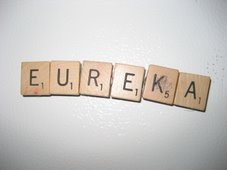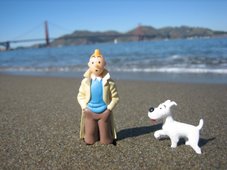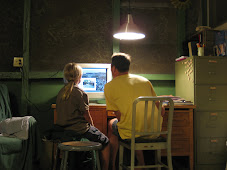Mom: One of the benefits, I thought, about choosing to take a narrowboat trip in a rural area like this, was being able to see the small towns, and meet the real people and see how they live. Our guides for this trip have been a couple of narrowboat guidebooks I purchased on Amazon
[Note: On the way back, we spent another night in Chirk and expanded our view of the town. The Bridge Inn was very accomodating, and we improved our education of ale definitions, thanks to the friendly bartender. And our adventure to Chirk Castle was well documented by the boy in the next post! The walk up to it was a real highlight of the trip for me, through cow and sheep pasture, past old houses, but with views of the cadbury chocolate plant, and the lumber mill.]
If you are looking for the best meat pies or pasties, skip the bakery, and head to the butcher shop.
The markets in the small towns, unlike in the US, have very reasonable prices on goods, it does not appear that a mark-up is added to take advantage of the "captive" customer base.
Lots of stores have signs reminding people to bring their own bags to save the environment, but we didn't see anyone doing this, and when we brought out our own bags, cashiers seemed to act like it was out of the ordinary.
We didn't spend much time in large cities, but we didn't see any large strip malls or mega-stores at all, with the exception of Tesco, which is like a super-store grocery store selling all sorts of food and dry goods. Evidence of Ikea was apparent all over Paris, and certainly in the apartment we rented and the place we stayed on the coast.
Its hard to get a good cup of coffee in the UK, although there are Starbucks in London & Paris. The kind of coffee we are accustomed to is called "filter coffee". If you order a coffee at most places, you'll get what we call an "Americano". In the hotel rooms (in the UK, we didn't stay at any hotels in France), you'll find an electric water kettle instead of a coffee maker.
We prefer tea, so we did quite well, thank you, however, most all places serve tea for sit-down only, and the few times we were in a hurry, we ended up going without.
Food was very expensive when we ate out, especially in tourist areas. By shopping and cooking for ourselves, we kept the food expenses reasonable. If it wasn't for the exchange rate, prices would be cheaper here than in the Bay Area (considering a 1:1, or even a 1:1.50 exchange, which hasn't been seen in a couple of years).
In the back of an electronics store in Ellesmere, we were able to plug in the laptop and access the internet, as well as have an interesting conversation with the proprietor.
All of these towns have many older brick commercial and residential buildings, and an ageless feel to them. Well tended yards and public areas. Not much litter or blight, which is not the case in the larger cities. And the prices of most goods seems lower. The food in, general, has been good, with lots of fresh choices, if a bit heavy.







No comments:
Post a Comment